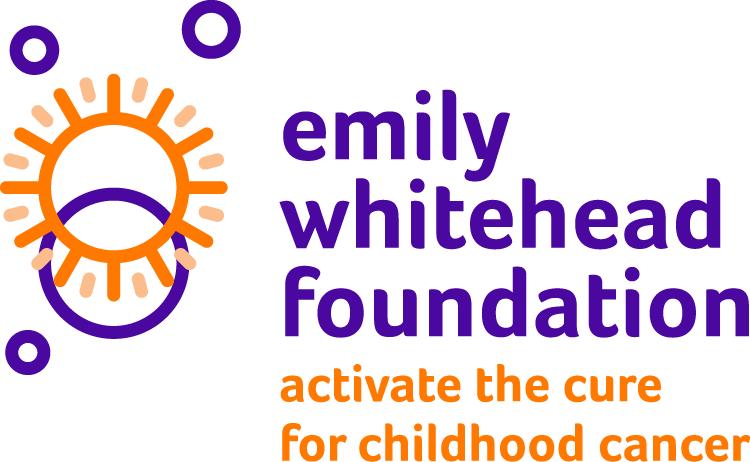C7R-GD2.CART Cells for Patients With Relapsed or Refractory Neuroblastoma (GAIL-N)
Neuroblastoma
0-9 years 10-17 years
1
 Drug
Drug
Cyclophosphamide Fludarabine
 Genetic
Genetic
C7R-GD2.CART cells
Condition: Relapsed / Refractory Neuroblastoma
The purpose of this study is to find the largest safe dose of GD2-C7R T cells, and also to evaluate how long they can be detected in the blood and what affect they have on neuroblastoma. This study is for patients with neuroblastoma that has either come back after treatment or did not respond to standard or other investigational treatments. Because there is no standard treatment for this cancer at this time, patients are being asked to volunteer in a gene transfer research study using special immune cells called T cells. T cells are a type of white blood cell that helps the body fight infection.
The body has different ways of fighting infection and disease. No single way seems perfect for fighting cancers. This research study combines two different ways of fighting cancer: antibodies and T cells. Both antibodies and T cells have been used to treat patients with cancers. They have shown promise, but have not been strong enough to cure most patients.
We have found from previous research that we can put a new gene into T cells that will make them recognize cancer cells and kill them. In our last clinical trial, we made a gene called a chimeric antigen receptor (CAR), from an antibody that recognizes GD2, a protein found on almost all neuroblastoma cells (GD2-CAR). We put this gene into the patients’ own T cells and gave them back to 11 neuroblastoma patients. We saw that the cells did grow for a while, but started to disappear from the blood after 2 weeks. We think that if T cells are able to last longer, they may have a better chance of killing neuroblastoma tumor cells. Therefore, in this study we will add a new gene to the GD2 T cells that can cause the cells to live longer. We know that T cells need substances called cytokines to survive and the cells may not get enough cytokines after infusion into the body. We have added the gene C7R that gives the cells a constant supply of cytokine and helps them to survive for a longer period of time.
In other clinical studies using T cells, some investigators found that giving chemotherapy before the T cell infusion can improve the amount of time the T cells stay in the body and therefore the effect the T cells can have. This is called lymphodepletion and we think that it will allow the T cells we infuse to expand and stay longer in the body, and potentially kill cancer cells more effectively. The GD2-C7R T cells are an investigational product not approved by the Food and Drug Administration.
